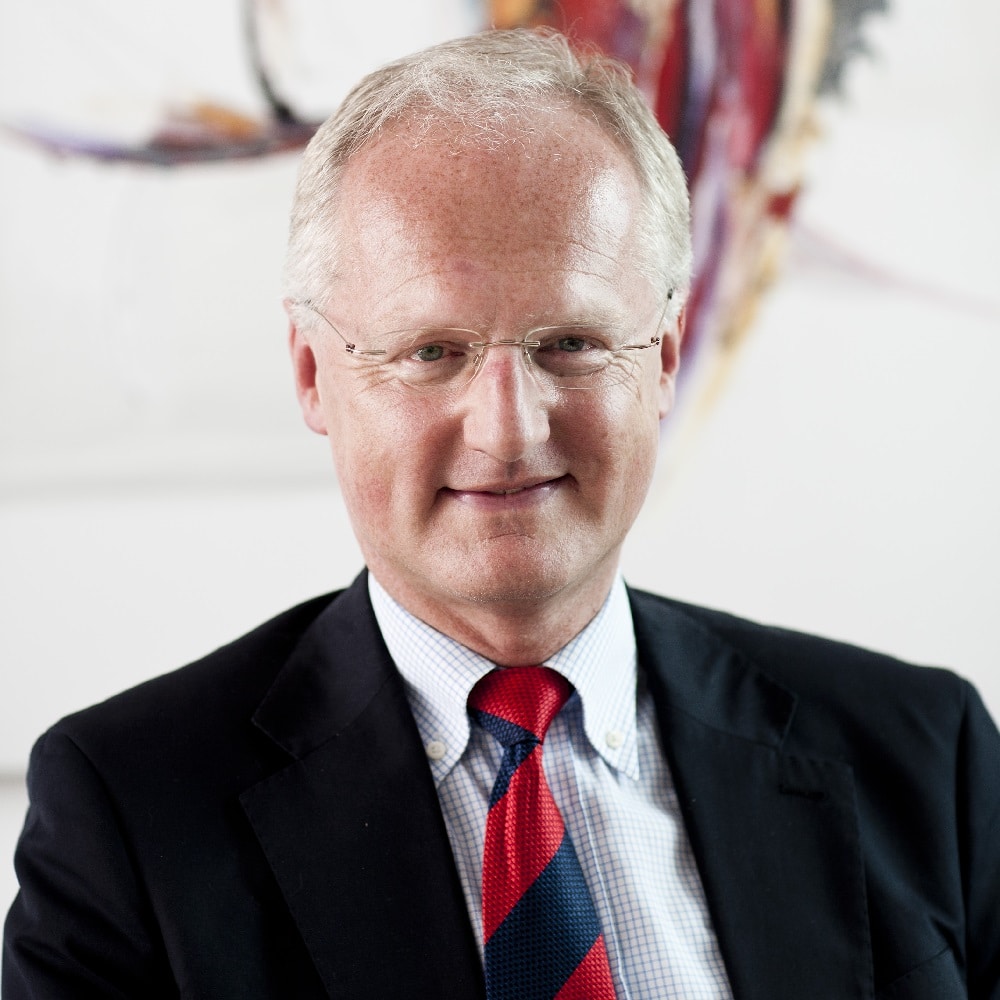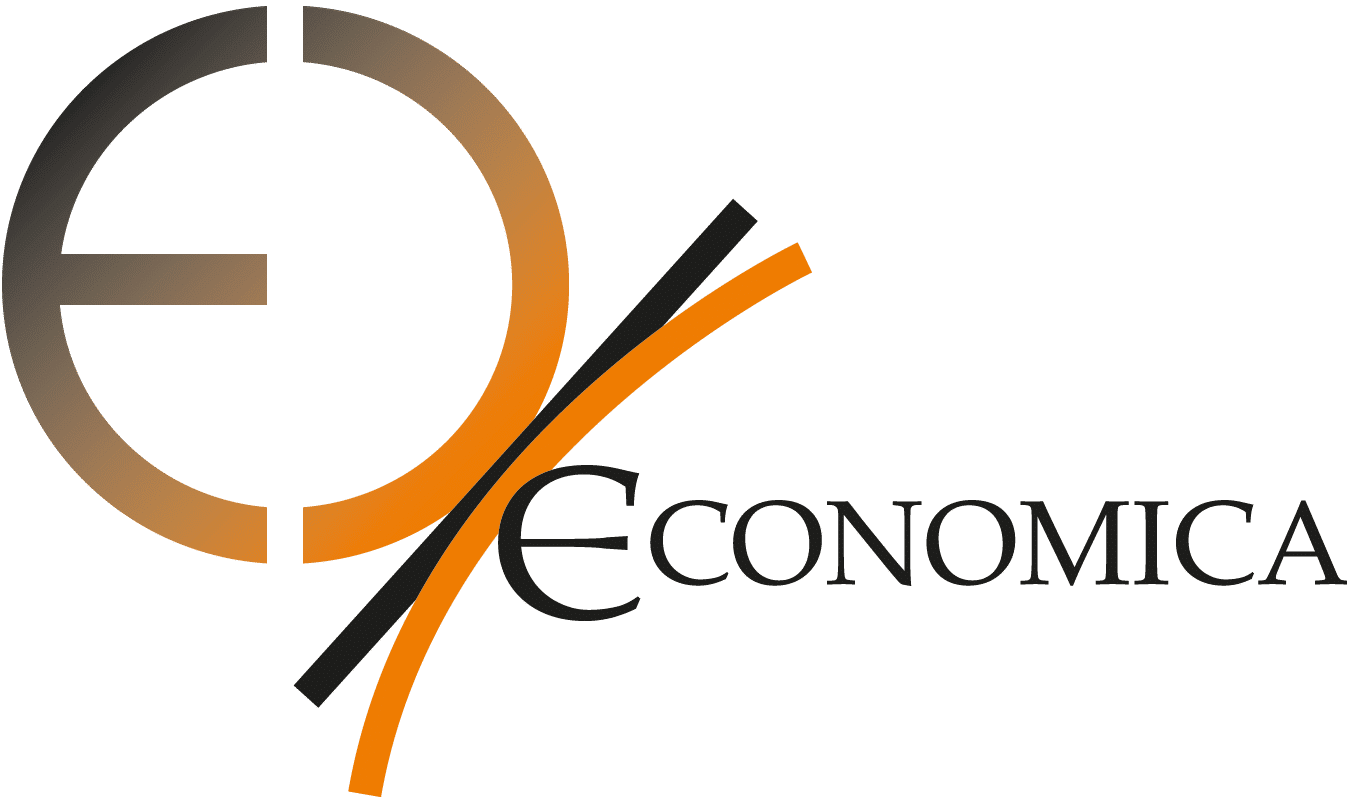Human capital
The concept of human capital encompasses two dimensions: Education and health. Education is already considered the most important source of wealth and growth in modern economies. In Austria, more than 80 percent of the resource input in "production" comes from the factor knowledge, know-how and education (approx. 20 % physical capital, 1 % natural resources). With advancing digitalization, this percentage will continue to increase. This underscores the central importance of the quality of employees in a company and their significance in terms of an increasingly critical asset. Of particular importance to us, therefore, is the survey and measurement of human capital, the calculation of lifetime earnings paths of various occupations, and the quantification of skills shortages and labor gaps. Our analyses form the basis for proposals for education and labor market policy measures.
As a second important dimension of human capital, health represents a central factor in the quality of the labor supply. Physical activity and its promotion is at the forefront of a health policy to promote a healthy lifestyle. The World Health Organization (WHO) and numerous national initiatives attach great importance to physical activity for preventing disease and promoting health and well-being. Similarly, the European Commission has established an expert group on Health Enhancing Physical Activity (HEPA). They all make physical activity recommendations that have positive individual and social effects. These also help to reduce the high cost dynamics in the health care systems of developed economies. However, not only lifestyles, but also the technological status, the organization as well as the costs of health care are continuously changing, which is why our studies focus not only on the economic effects of physical activity, but also on the evaluation of further health economic and political developments.
Our methods
- Econometric estimation techniques
- Simulation analyses
- Cost-benefit analyses
- Cost-effectiveness analyses
Your contacts

Dr. Martin Gleitsmann
Tel.: +43 664 4638 372
Mail: martin.gleitsmann@economica.eu

Michaela Zalesak, MSc.
Tel.: +43 660 3200 408
Mail: michaela.zalesak@economica.eu

